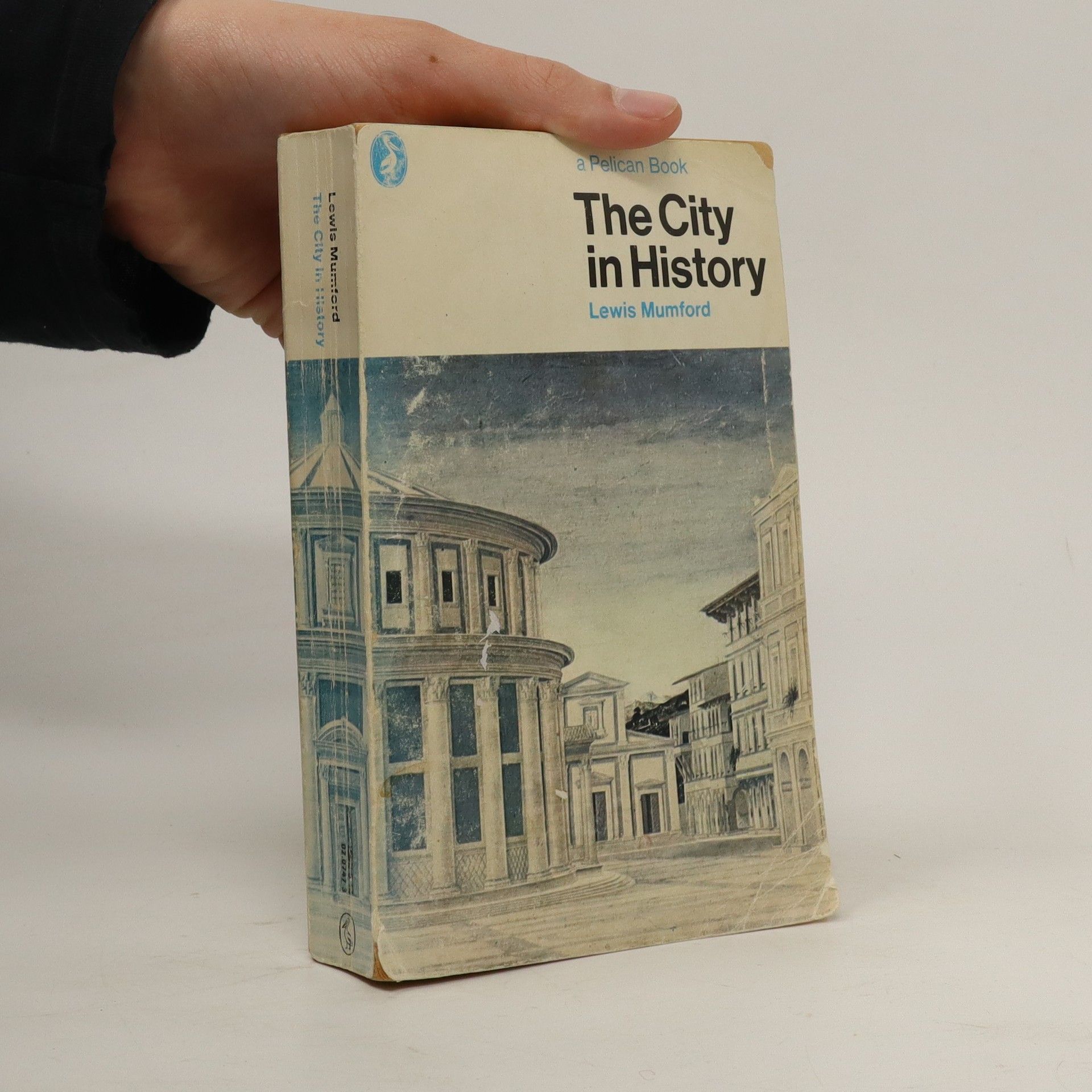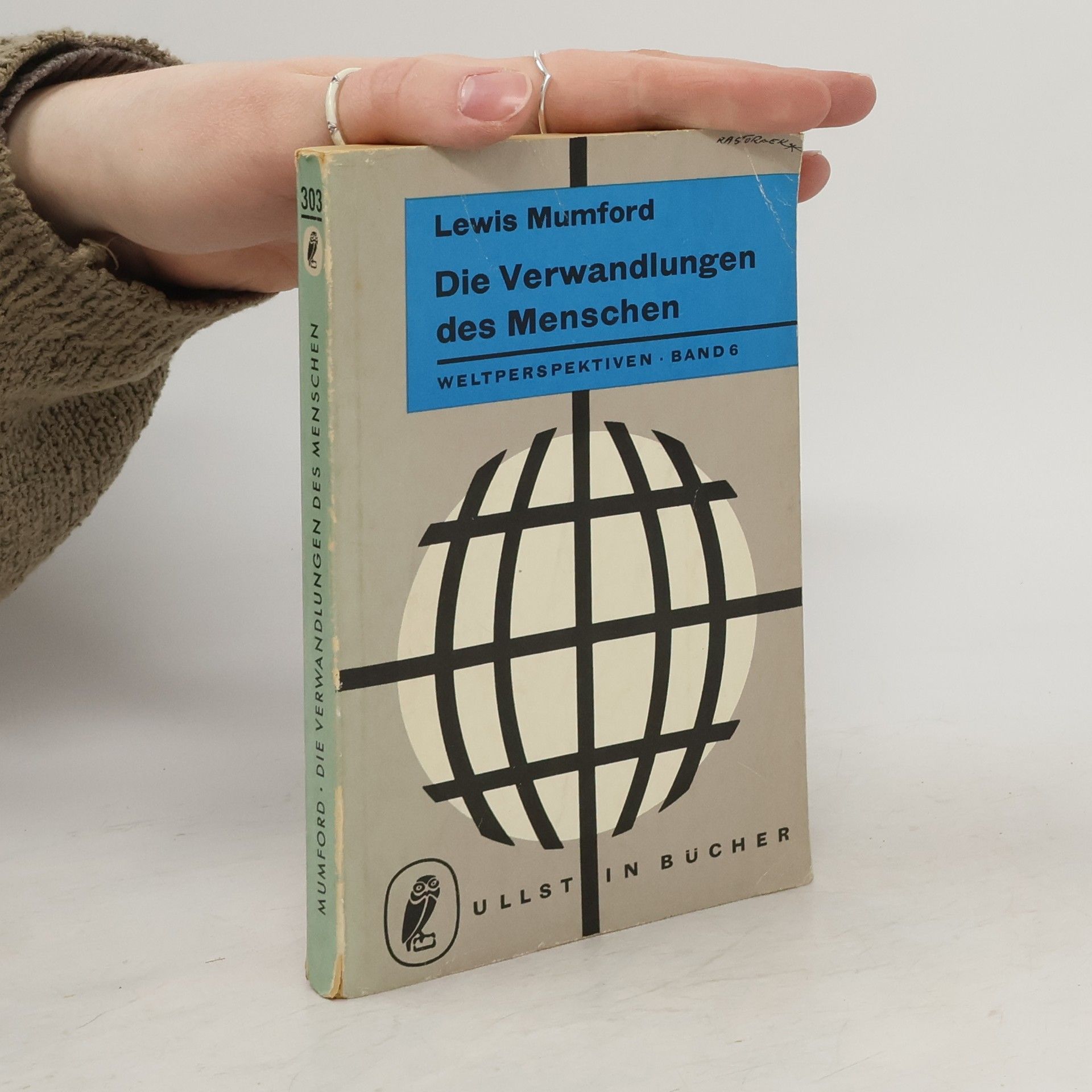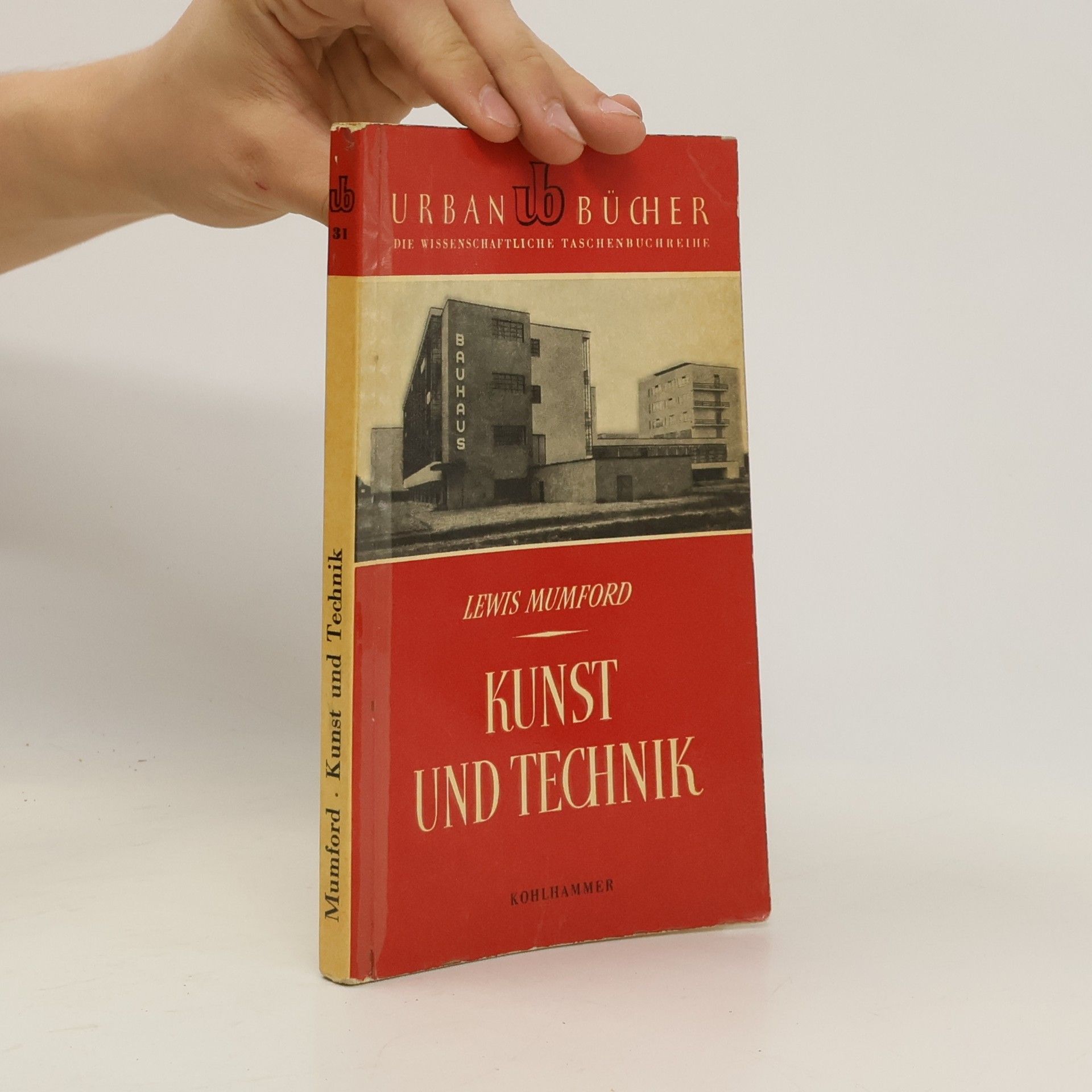Focusing on utopias of reconstruction, Lewis Mumford explores influential ideas from Plato to the twentieth century, analyzing how they propose to reshape society. He examines notable works, including More's Utopia and H.G. Wells's fiction, and presents a checklist to evaluate societal alignment with utopian ideals, covering aspects like governance, living standards, and the arts. This foundational text not only reflects Mumford's innovative scholarship but also addresses enduring issues such as social equity and the interplay of science and creativity, relevant to contemporary challenges.
Lewis Mumford Book order (chronological)
Lewis Mumford was an American historian and philosopher, renowned for his profound studies of cities and urban architecture. His wide-ranging career also encompassed a significant period as an influential literary critic, reflecting his broad intellectual interests. Mumford explored the intricate relationship between humanity, technology, and the built environment, leaving a lasting impact on the understanding of urban development and its cultural implications.






The Transformations of Man
- 190 pages
- 7 hours of reading
The book draws parallels between the profound changes in 20th-century human life and the revolutionary shift that led early humans into civilization. It explores how modern advancements and societal developments echo the transformative experiences of our ancestors, providing insight into the evolution of human communities and the impact of progress on society.
Per una civiltà umana
- 144 pages
- 6 hours of reading
Hoffnung oder Barbarei
- 222 pages
- 8 hours of reading
Mythos der Maschine
- 855 pages
- 30 hours of reading
Die Stadt
Geschichte und Ausblick
The City in History
- 696 pages
- 25 hours of reading
The classic study of the city -- its origins, its transformations, and its prospects. Winner of the National Book Award.





